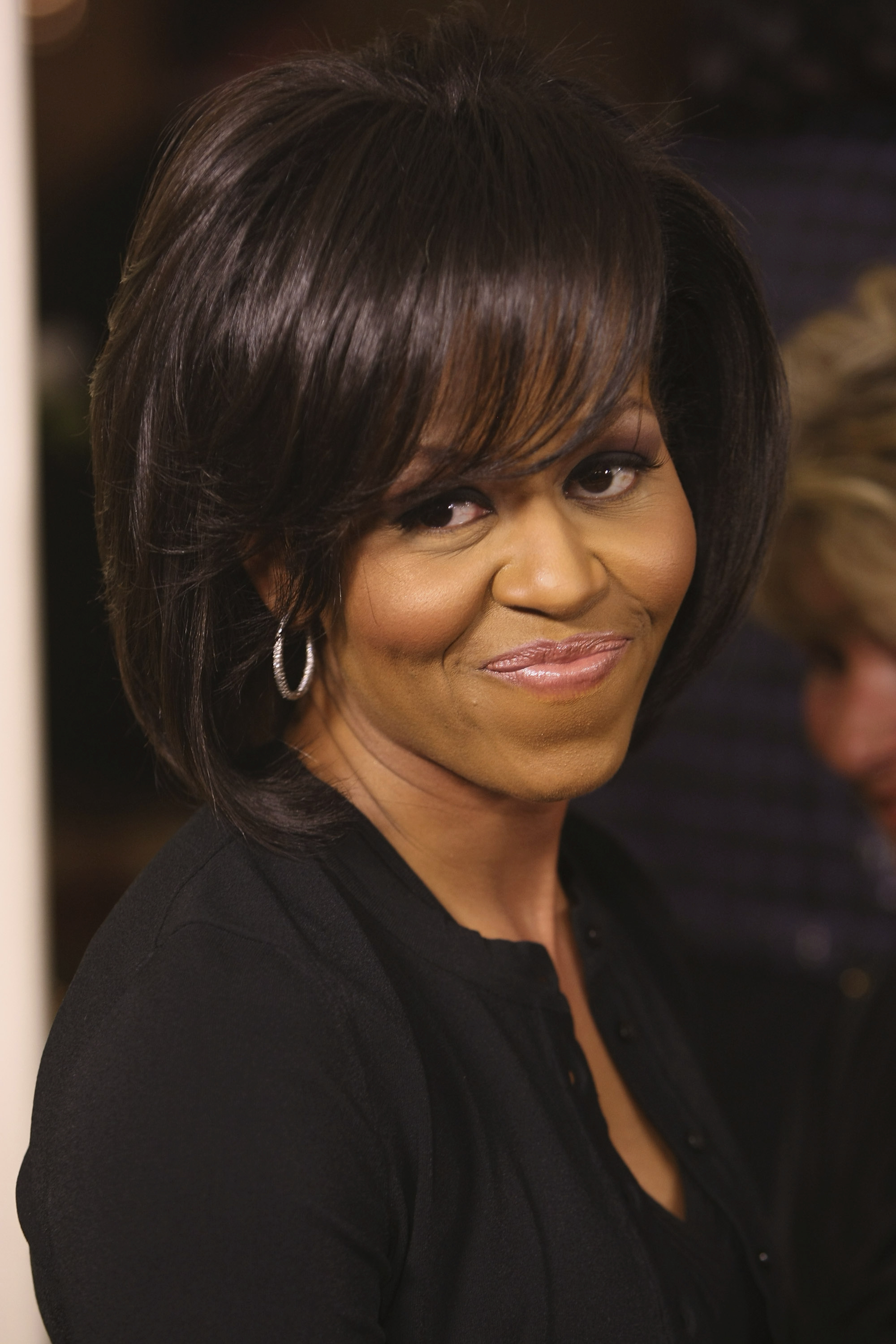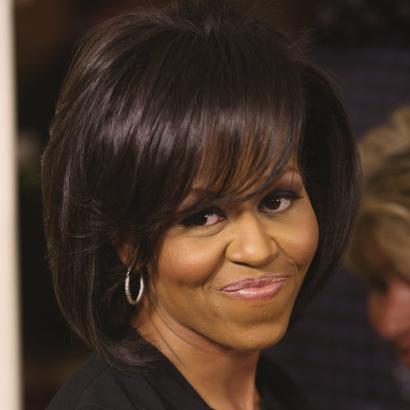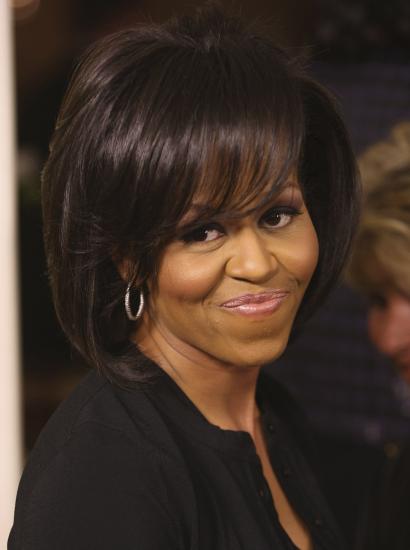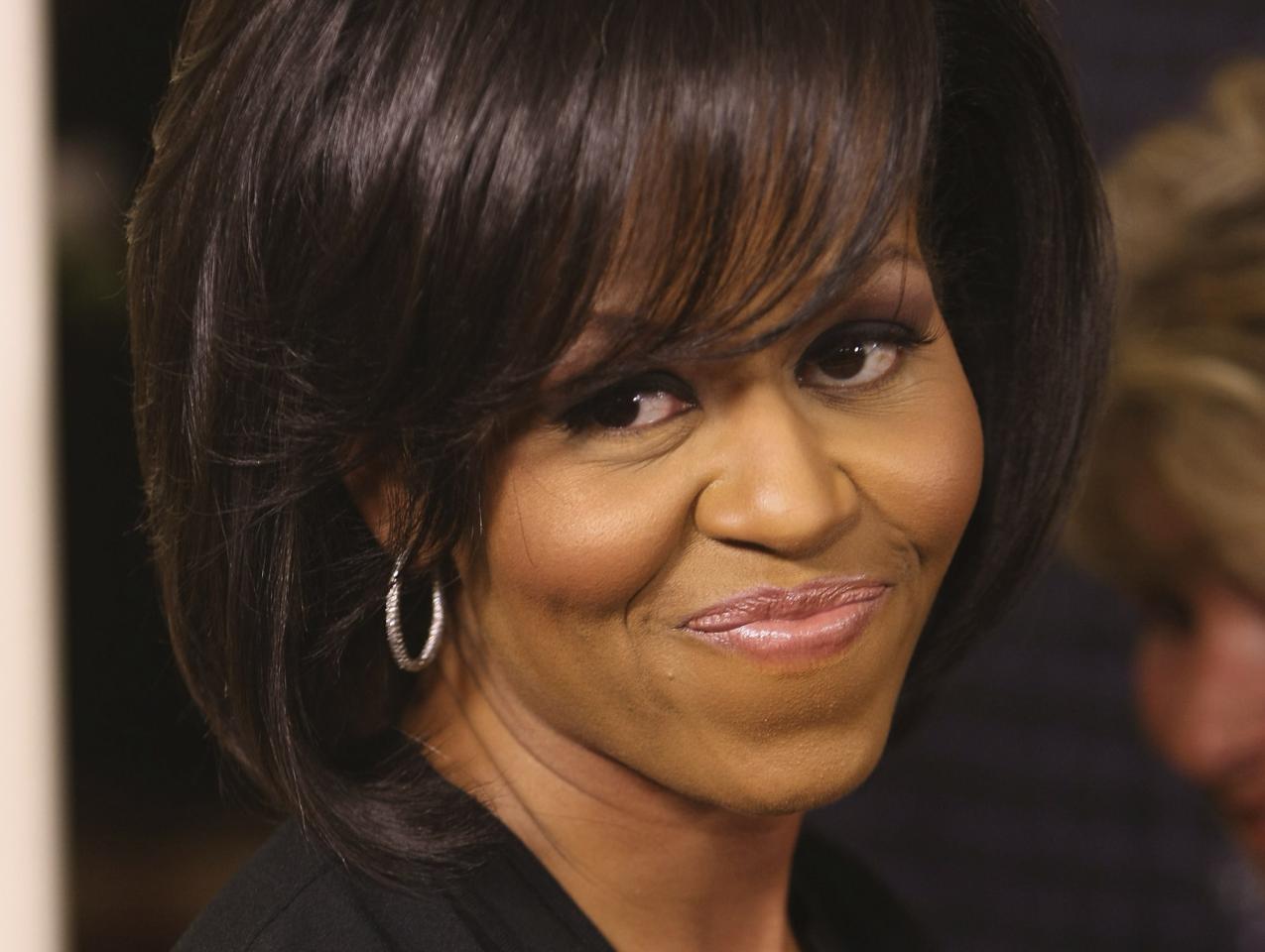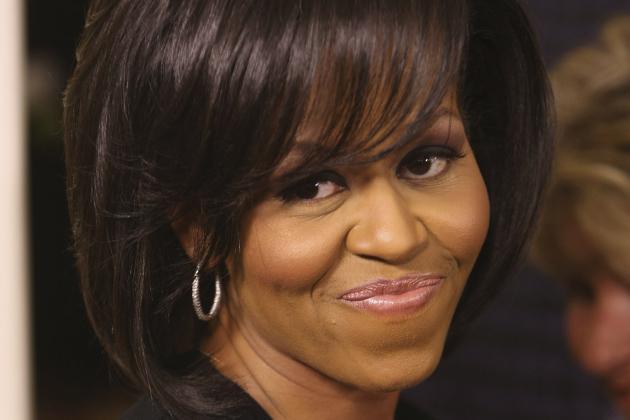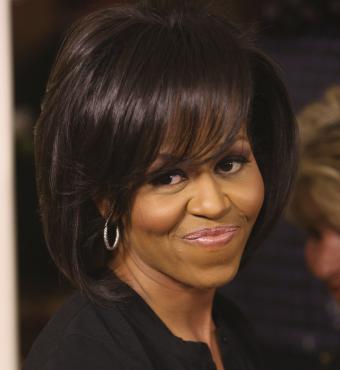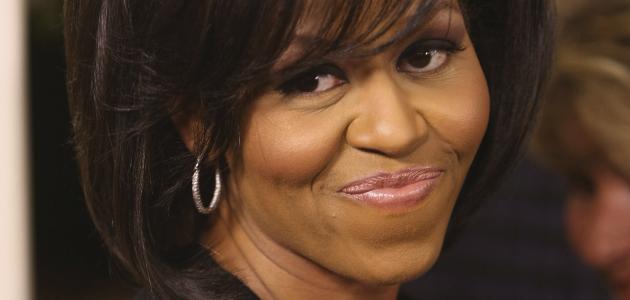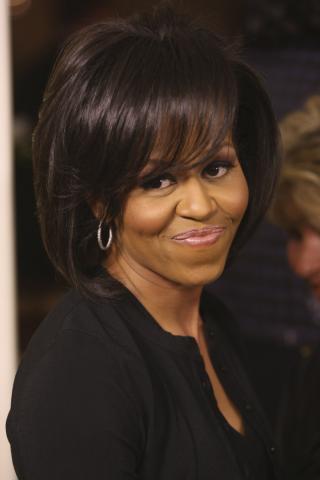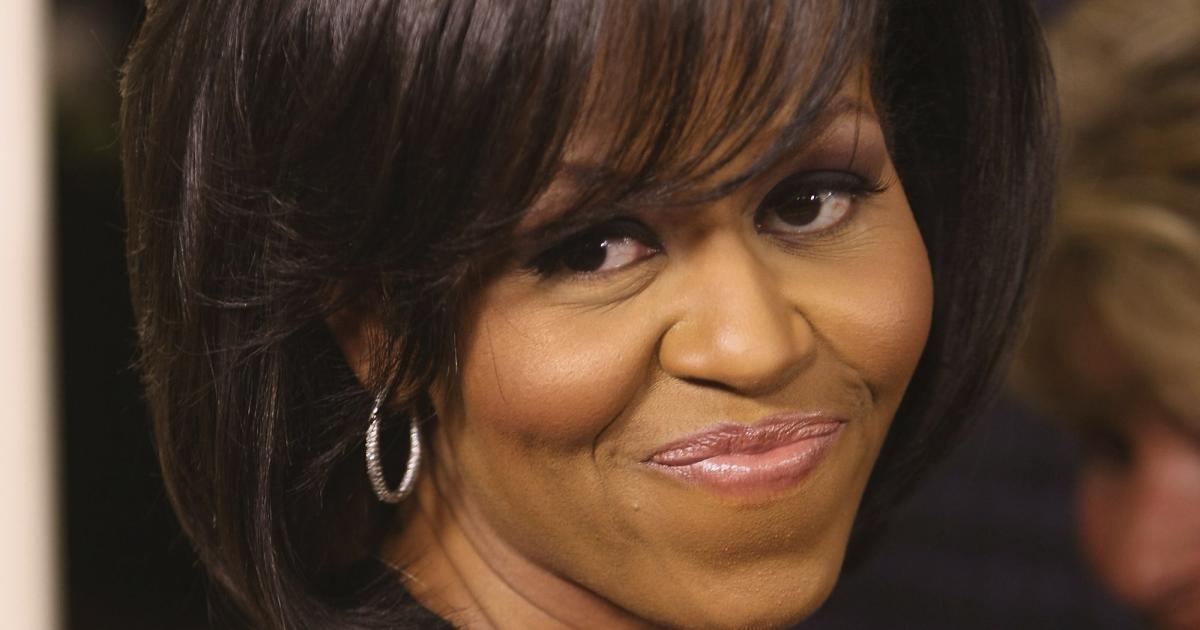- Politics, Institutions, and Public Opinion
Conservatives have been giving first lady Michelle Obama a hard time over her commencement speech at Tuskegee University on May 9. They denounce her complaints of continuing racism in America while recalling outrages long past. They wonder why she said nothing of the problem of black criminality. They scorn her unwillingness to acknowledge the privilege she enjoyed from attending Princeton and Harvard. Yet the speech had much merit that conservatives should appreciate.
The speech was given at the university founded as a school for teachers in 1881 in Tuskegee, Ala., by Booker T. Washington, the most conservative of black thinkers. Tuskegee University was not built with government funding or private donation but by blacks themselves under Washington’s direction. Michelle Obama paid tribute to him with the story that he pawned his watch to buy a kiln so that the students could fashion the bricks they needed to build the school but couldn’t afford to buy. George Washington Carver, she added, came to Tuskegee to do his research and had to search trash piles to equip his laboratory.
These facts—or legends, it doesn’t matter which—are faithful to Booker T. Washington’s central thesis that blacks should not depend on the white majority to improve their lives. They should rise “up from slavery,” the title of Washington’s autobiography, on their own. They had of course been liberated by the Civil War, but he said they needed also to make themselves fit for freedom, thus freeing themselves, through stages of self-education and hard work. His stirring program was the very antithesis of today’s racial preferences.
Washington’s thesis was opposed by another great black thinker, W.E.B. DuBois, and the two had a grand battle in the early 20th century. DuBois despised the passivity of Washington’s approach, blaming his isolation from politics and lack of outrage. “Demand your rights” was the gist of DuBois’s message, not “earn your rights,” as for Washington.
Here we have the essential, abiding question for black politics facing a white majority: Which is better, the civil-rights strategy of anger and agitation or the quiet, composed policy of pursuing American happiness like everyone else, if with fewer advantages? The first can lead to rioting, the second to accusations of being an Uncle Tom.
Michelle Obama, avoiding the battle, rather skillfully blended the two sides in her speech. She referred to “the bloody clubs and the tear gas at Selma,” bringing drama to her praise for the Tuskegee graduates with their worthy but unexciting accomplishments. She spoke too of the noted black airmen of Tuskegee, trained there during World War II, who went on “to show the world” what they could do.
The airmen, one could say, practiced the Booker T. Washington strategy. Instead of demanding benefits from the government, demand the right to serve in its military. Worthy military service by blacks in World War II prepared the decision to desegregate the military, which in turn led the way to desegregation in civilian life. But of course one can hardly overlook the civil-rights revolution that intervened in the 1960s, an event suggesting that it was necessary for blacks to protest as well as study and work.
Mrs. Obama assumed both outlooks as if there were no problem in doing so: the liberal way of protest and the conservative way of lawful virtue. At least it is clear, though, that she appreciates the conservative way. She wants for her children what the parents at the Tuskegee commencement wanted for theirs. This means, as she proclaimed, that she is “first and foremost a mom.” A prominent and successful woman who talks like that deserves at least a nod of approval from conservatives. Her emphasis on motherhood, she said, may not be “the first thing that some folks want to hear from an Ivy-League-educated lawyer,” but “it is truly what I am.” The “some folks” who might disagree with her are obviously not conservatives.
True, the first lady came to this sensible conclusion after voicing liberal gush about authenticity of the sort that reduces solutions for life’s problems to arbitrary personal choice. It is as if choosing well doesn’t matter. But she chose well to come to Tuskegee to praise its graduates, who also had chosen well so as to be there. She also found a moment of contrast between the graduates at Tuskegee and the rioters in Baltimore and Ferguson, Mo.
The frustrations evident in those places “are not an excuse to just throw up our hands and give up,” she said. Then she added a message worthy of Booker T. Washington: The history of black Americans “teaches us that when we pull ourselves out of those lowest emotional depths, and we channel our frustrations into studying and organizing and banding together—then we can build ourselves and our communities up.”
As for Mrs. Obama’s complaints about racism, who can deny that for blacks, as she said, “the road ahead is not going to be easy”? Liberals and conservatives can argue over whether blacks are helped or hurt by government, but either way she is right. Would it were otherwise, but our black citizens despite their gains still have a harder time of it than the rest of us.







